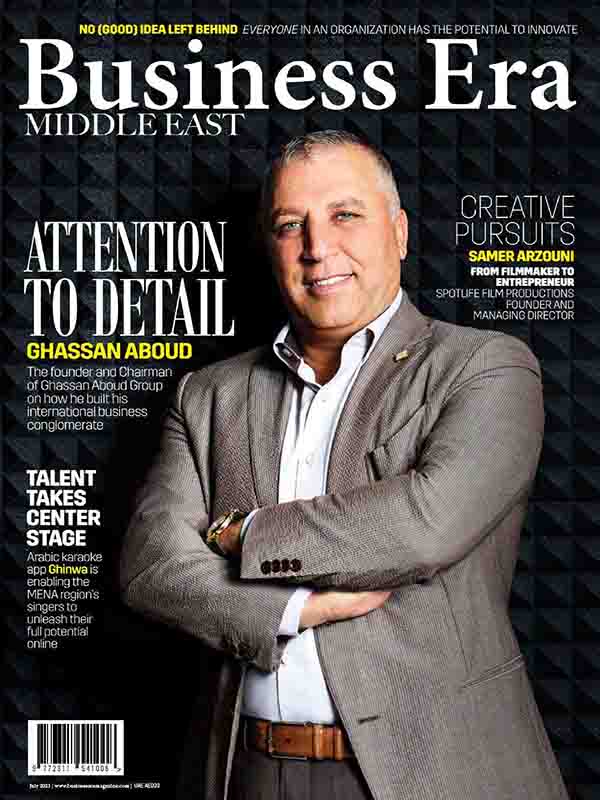Michelle Perchuk describes her career and entrepreneurial journey as having three distinct chapters: she started out as a traditional recruiter, launched her own company to teach boutique search firms how to operate efficiently, then transitioned into what she calls career and business progression coaching. Each step gave her a marketable and differentiating set of skills that she now uses to help both newcomers to the job market and seasoned executives devise their career strategies.
As a recruiter for large companies such as Manpower and Ajilon, Perchuk worked with banks and insurance companies to fill technical positions. With the mortgage crisis, those industries were hit hard, and Perchuk made a gutsy decision. “The largest number of businesses are created during economic downturns and I decided to be part of that statistic,” she recalls. She opened up her own boutique recruiting company in 2010 and grew it successfully for several years.
Then she began to notice a dramatic change in the industry. Headhunting was becoming more automated, and as machine learning came into play, the process seemed to become more transactional. Candidates would routinely accept offers, and then bail out at the last minute for a better offer. Perchuk felt burned and burned out. “I started saying to myself, ‘what is making people behave like this? Do they not feel fulfilled? Do they only look at work as a means of income?’”
To get a broader fix on the state of the recruiting industry, she conducted a survey of more than 600 executives on LinkedIn and, based on her findings, wrote a book called Swimming in the Talent Pool: The Evolution of Recruiting. “It was actually an incredible way to catapult myself into a world of expertise when it came to talent acquisition, talent development, leadership, coaching,” Perchuk says. She decided to sell her recruiting company to a friendly competitor and she launched MTV Coaching.
“Having the Forbes Councils badge is really validating me.”
Initially, Perchuk coached boutique search firms, like the one she had run, on how to operate efficiently. She immersed herself in her clients’ companies for a few months, improved their sales processes, and coached their recruiting staff. “I got enamored with coaching and started making connections,” she recalls. If she could help people get more clarity regarding their career paths before hitting the job market, she reckoned, she could save candidates and recruiters a lot of time and anguish. So she decided to become a coach and earned a professional certification at Rutgers University. “I realized that I have this wealth of information that executives need when they’re looking to transition,” she says. “That’s why I decided to become a Job Search Strategist. And I call myself a career progression coach, not a career coach.”
Perchuk’s clients fall into three categories: young people going from college into the workforce; those who have career plans but need help achieving their goals; and seasoned executives who want to make changes, but don’t know how to get started. “The way that I often differentiate myself is that I’m that hybrid of ex-recruiter/ executive search/executive talent acquisition executive, and then I sprinkled the coaching on top because getting a job is not transactional,” Perchuk says. She’s also an adjunct professor at Fairleigh Dickinson University, where she teaches freshmen and sophomores the skills they need to go from school to professional life.
During the pandemic, Perchuk says, she was able to expand her business internationally, since all client communication moved to Zoom. Her Forbes Coaches Council membership also helped her expand her reach. “International executives have reached out to me saying that they’ve seen a piece where I was featured or that I wrote on the platform,” she says. “I would never have exposure to these people if it wasn’t for Forbes Councils. Having the Forbes Councils badge is really validating me.” She’s also beginning to collaborate with some other community members. For instance, one member specializes in helping job candidates create resumes, cover letters, and bios. “I don’t like to write resumes, so I’d love to be able to refer clients to someone in the Forbes Councils ecosystem,” says Perchuk. “And if their clients want someone to build a strategy, they would refer them to me.”









